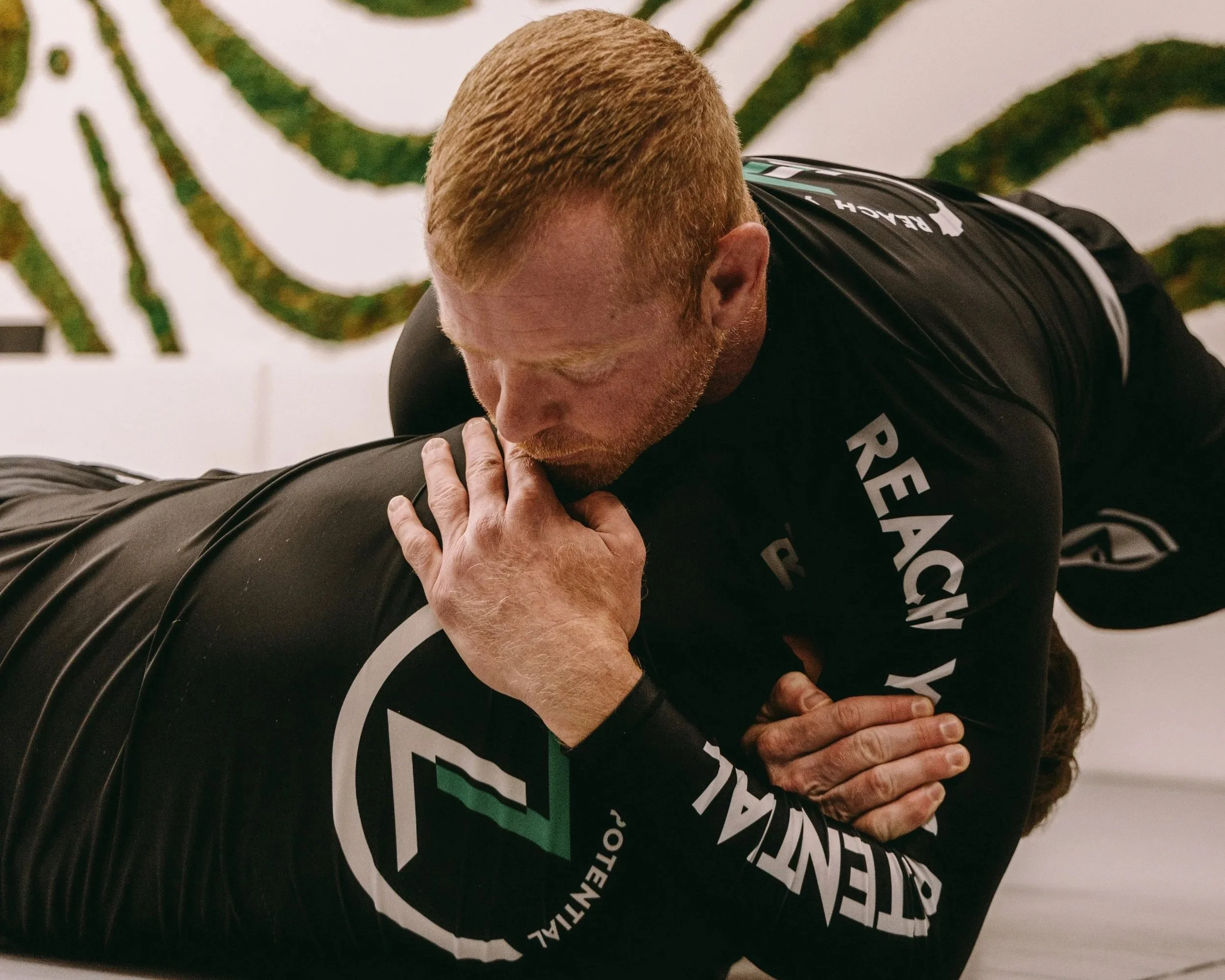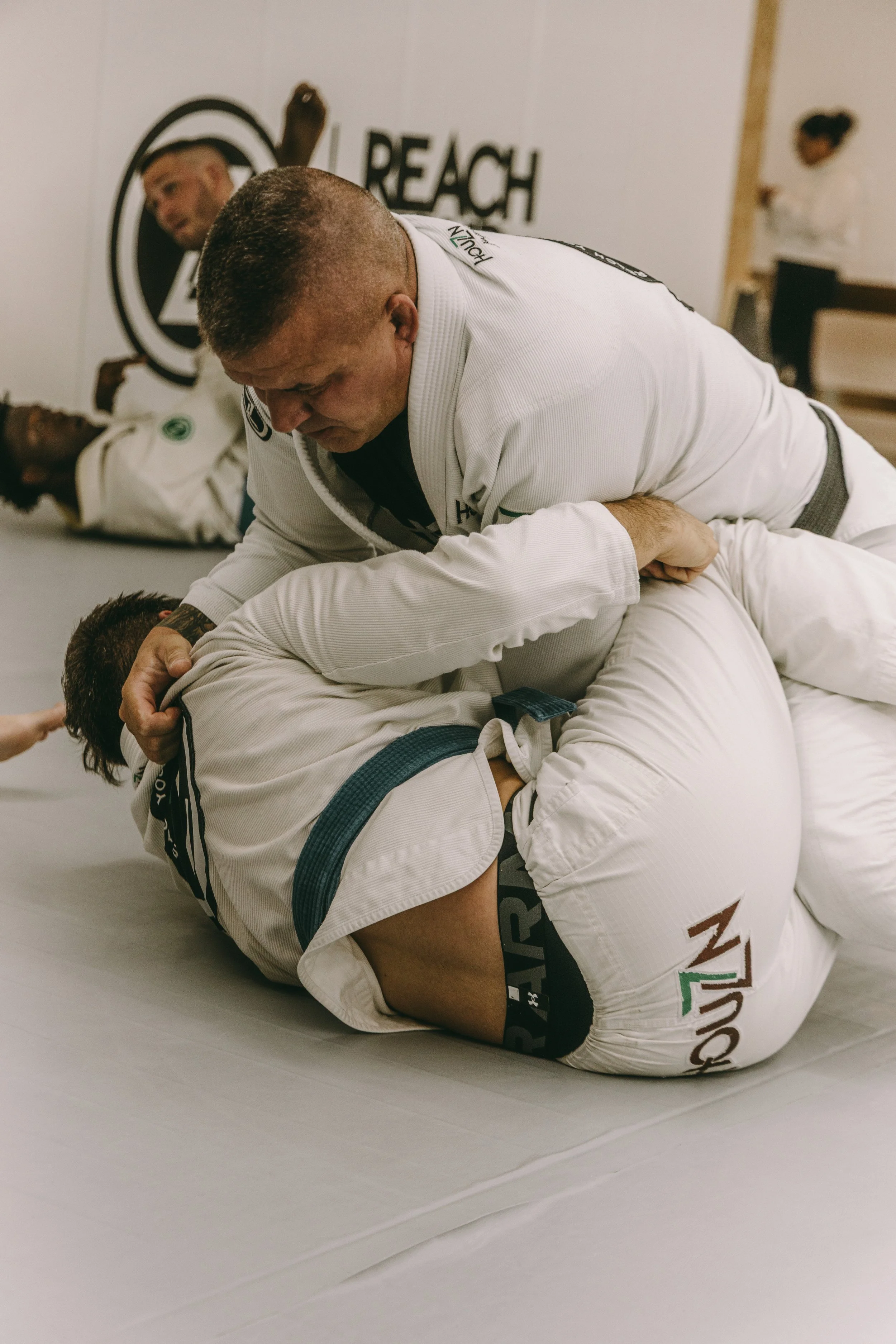Training for Trust: How BJJ Can Influence Police-Community Engagement
Imagine a world where police officers and community members share not just spaces but mutual goals. Brazilian Jiu Jitsu provides such a platform, a collaborative arena fostering trust, reducing crime, and enhancing public safety. The potency of BJJ lies not in its complexity but in its basic human principles: cooperation, respect, and understanding.
First, let us recognize the power of shared experiences. Think of trust as a bridge, essential for any truly functional interaction, especially between law enforcement and communities. When officers and community members engage in BJJ training, they break down barriers. They evolve from strangers to allies in a shared struggle, mirroring real-life conflicts in a controlled environment.
In grappling sessions, rank and status dissolve. Everyone is simply a participant, subject to the same rules and challenges. This democratization breeds respect and empathy. Police officers gain insight into the community's perspectives, and citizens see law enforcement in a new, humanized light.
Research across various domains reflects a direct connection between mutual respect and crime reduction. Understanding breeds respect. Respect, in turn, reduces fear, misunderstandings, and hostility. This mutual recognition aligns interests towards a collective goal: safer neighborhoods.
Consider how BJJ uniquely emphasizes calm under pressure. This vital skill translates to better decision-making in the field, enabling officers to engage communities with empathy and efficiency. Lower stress levels and improved conflict management mean fewer undesirable outcomes in tense situations, fostering a safer atmosphere for all.
Incremental, consistent training alters mindsets, encouraging continuous growth and durable alliances. Community members develop confidence not merely in self-defense but in the notion that collaboration overcomes confrontation. Meanwhile, officers refine crucial skills, not only physical but interpersonal, nurturing more intelligent engagement strategies.
The result? Increased cooperation, lower crime rates, and a strengthened social fabric. Enhanced police-community interactions based on trust and respect elevate not only individual experiences but community well-being. Trust breeds safety, which promotes trust, a virtuous cycle brought to life on the mats.
In conclusion, BJJ offers more than mere self-defense. It shapes communities, enhancing synergy and reducing crime. It represents a disciplined yet dynamic approach to solving distrust and disengagement, wrestling society’s deeper issues into submission.
Now, consider the possibilities if your community embraced this transformative practice. Encourage your local police department to join hands—literally and figuratively—with the community in a BJJ program, forging trust through training. The path to safety and solidarity starts with a single step onto the mat. Are you ready to begin this journey together?


